Cat litter can be toxic to dogs if ingested in large quantities, leading to irritation and inflammation as it passes through the dog’s body. Both clumping and non-clumping cat litter have liquid-absorbing properties that can cause gastrointestinal blockages, vomiting, a lack of appetite, and abdominal pain in dogs.
If your dog ingests cat litter, it is crucial to seek immediate veterinary attention to ensure their well-being and address any potential health implications. Although cats and dogs are known for their curious behaviors, consuming cat litter can pose serious health risks for dogs.
Whether it’s due to the appealing scent or texture, dogs may be attracted to cat litter, leading to potential health concerns. We will explore the potential dangers of cat litter for dogs, the symptoms of ingestion, and what steps can be taken to safeguard your dog’s health.
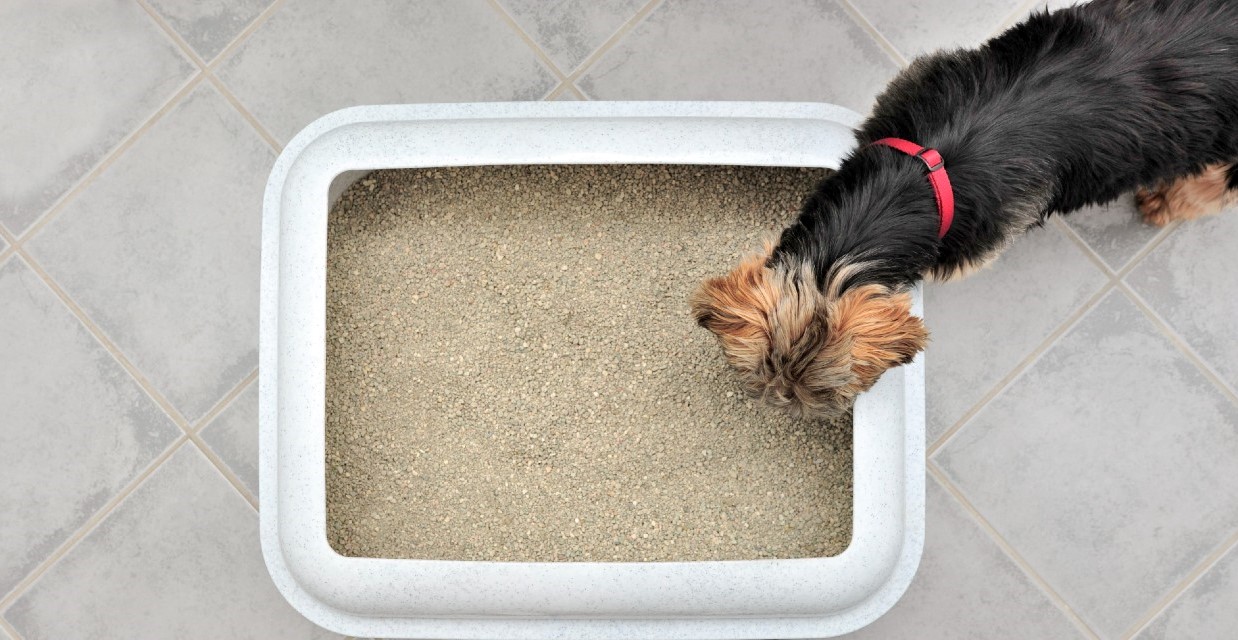
Credit: troubleandtrix.com
Symptoms To Watch For
When it comes to the safety of our furry friends, it’s imperative to be aware of the potential risks they may face, especially when it comes to household items like cat litter. If your dog happens to consume cat litter, it’s crucial to keep a close eye on them for any signs of distress or discomfort. Recognizing the symptoms to watch for can aid in early detection and prompt treatment, minimizing potential harm to your beloved pet.
Vomiting
If you notice your dog experiencing persistent bouts of vomiting after ingesting cat litter, it could indicate a potential issue. Vomiting is the body’s way of expelling unwanted substances and should be taken seriously, prompting a visit to the veterinarian for further evaluation and care.
Lack Of Appetite
A lack of appetite in your dog, especially following the ingestion of cat litter, is a concerning symptom. A significant change in their eating behavior warrants attention as it may indicate an underlying problem that requires professional assessment and intervention.
Abdominal Pain
Abdominal pain can manifest as restlessness, whimpering, or increased sensitivity when the abdomen is touched. If you notice such signs in your dog after they have consumed cat litter, it’s important to seek veterinary assistance promptly to address their discomfort and identify any potential complications.
Concerns And Risks
Cat litter can pose risks to dogs if ingested in large quantities, potentially causing intestinal blockage and symptoms like vomiting, loss of appetite, and abdominal pain. While not inherently toxic, the liquid-absorbing properties of cat litter can irritate a dog’s system, warranting immediate veterinary attention if consumption occurs.
Blockage In Intestines
If your dog consumes cat litter, there is a risk of blockage in their intestines. This can lead to various symptoms such as vomiting, lack of appetite, and abdominal pain. It is crucial to recognize these signs and seek veterinary assistance immediately. Oftentimes, the blockage can be detected early and treated effectively if prompt action is taken.
Irritation And Inflammation From Clumping Properties
Both clumping and non-clumping cat litter have liquid-absorbing properties. While cat litter itself is not toxic to dogs, the liquid absorption mechanism can cause irritation and inflammation as it passes through their body. The clumping properties can become a concern if ingested in large quantities. It is important to closely monitor your dog’s behavior if they have access to cat litter and look out for any signs of discomfort or distress.
In conclusion, although cat litter is not inherently toxic to dogs, there are concerns and risks associated with their consumption. The blockage in the intestines and irritation from the clumping properties can pose potential health issues for dogs. Therefore, it is crucial to prevent access to cat litter and consult a veterinarian if your dog exhibits any symptoms after consuming cat litter.
Types Of Cat Litter
Cat litter is not toxic to dogs, but ingesting it can lead to serious health issues. Symptoms of ingestion include vomiting, lack of appetite, and abdominal pain. If your dog consumes cat litter, seek immediate veterinary care to avoid potential complications.
When it comes to choosing cat litter, there are two main types to consider: clumping and non-clumping. Each type has its own set of benefits and considerations, so it’s essential to understand their differences before making a decision.
Clumping Cat Litter
Clumping cat litter is a popular choice among cat owners for its convenience and odor-controlling properties. This type of litter is made from clay or natural materials and is designed to form clumps when it comes into contact with urine or feces. These clumps can be easily scooped out, leaving the rest of the litter box clean and fresh.
The clumping nature of this litter also helps to reduce the spread of bacteria and odors, keeping your home smelling pleasant. However, it’s essential to note that clumping cat litter can pose a potential risk to dogs if ingested in large quantities. The clumping agents used in the litter can absorb liquid and expand, potentially causing intestinal blockages or other digestive issues.
To minimize the risk, it’s crucial to keep the litter box out of your dog’s reach and ensure that they cannot access it. If your dog does consume clumping cat litter, it’s best to consult with a veterinarian immediately to assess the situation and provide appropriate treatment if necessary.
Non-clumping Cat Litter
Non-clumping cat litter is another common option available in the market. As the name suggests, this type of litter does not clump when exposed to moisture. Instead, it absorbs urine and odors while allowing solids to sink to the bottom of the litter box.
Non-clumping cat litter is typically made from materials such as paper, wood, or silica gel. It offers good odor control and is generally safer for dogs compared to clumping litter. However, it’s worth noting that even though non-clumping litter is less likely to cause digestive issues, it can still lead to gastrointestinal discomfort if consumed in large amounts.
In addition to the risk of ingestion, it’s important to consider the texture of non-clumping litter. Some dogs may find the granules or pellets uncomfortable to walk on or lie down in, so it’s essential to monitor your dog’s behavior and comfort level if using this type of litter.
While cat litter is not inherently toxic to dogs, it can still pose risks if consumed in large quantities. Clumping cat litter has the added risk of potential blockages, while non-clumping litter can cause discomfort and digestive issues. To ensure your dog’s safety, it’s best to keep the litter box out of their reach and choose a litter type that minimizes potential hazards.
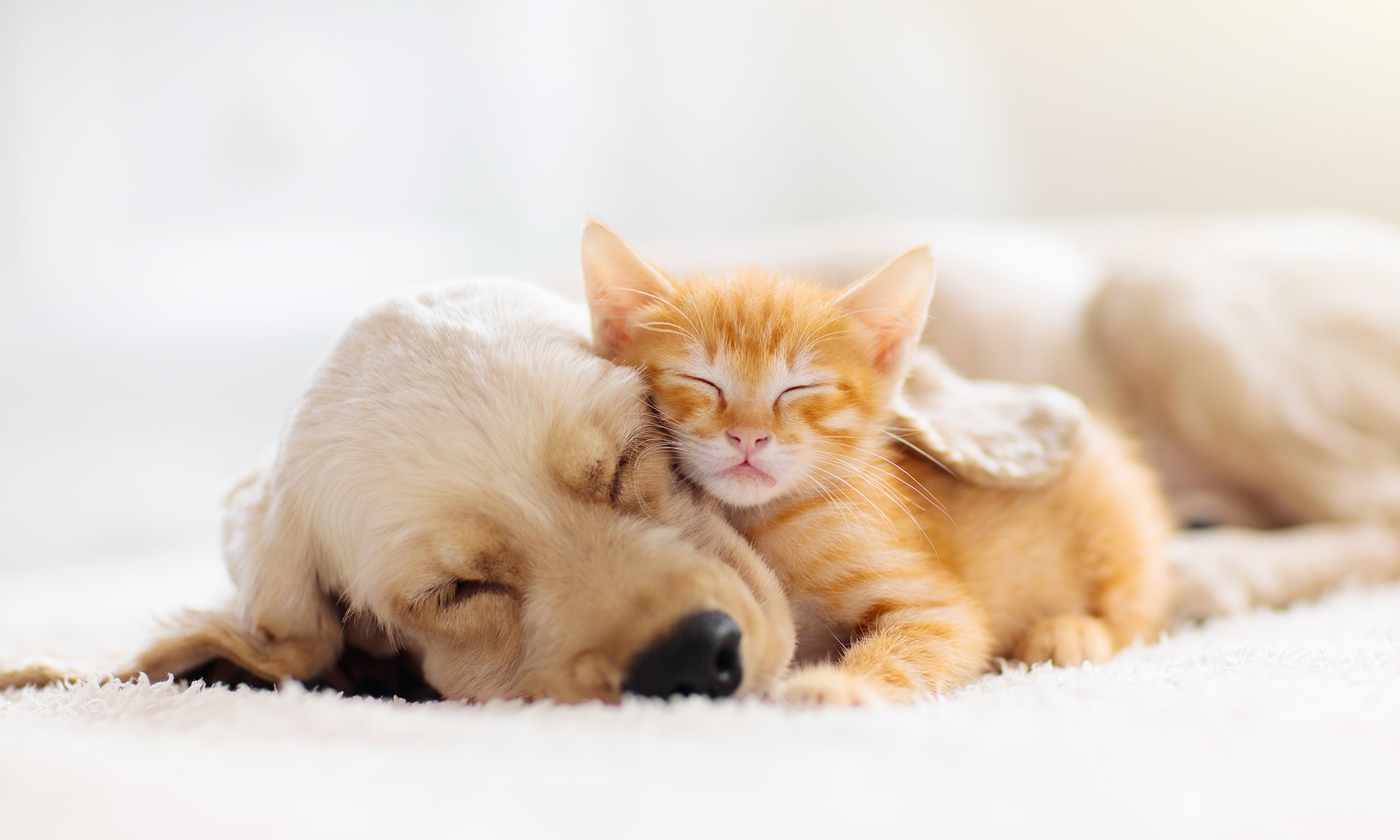
Credit: skooncatlitter.com
Effects Of Cat Litter On Dogs
Cat litter is a common household item that can pose potential risks to dogs if consumed in large quantities. While cat litter itself is not toxic to dogs, it can cause various effects on their health. In this section, we will explore the mechanical damage that cat litter can cause to a dog’s teeth, as well as the potential bacterial exposure from cat urine and feces.
Mechanical Damage To Teeth
Cat litter is not so great for your dog’s teeth. The texture of the litter can cause mechanical damage and wear down their teeth over time. Dogs may be tempted to chew on clumps of litter or the litter box itself, leading to abrasion and potential breakage of their teeth. This can result in tooth enamel erosion, dental fractures, and even painful gum inflammation.
Bacterial Exposure From Cat Urine And Feces
Another concern when it comes to dogs and cat litter is the potential bacterial exposure from cat urine and feces. Cats are known carriers of certain bacteria, such as Toxoplasma gondii, which can be present in their waste. If a dog ingests cat litter that has been contaminated with these bacteria, it can lead to gastrointestinal distress and digestive issues.
Bacterial exposure from cat litter can cause symptoms such as vomiting, diarrhea, and loss of appetite. In severe cases, it may even lead to infections or complications in the dog’s digestive system. It’s important to keep the litter box clean and out of reach to minimize the risk of bacterial contamination.
To summarize, cat litter is not toxic to dogs per se, but it can have detrimental effects on their health. The mechanical damage to teeth and the potential bacterial exposure from cat urine and feces are risks that dog owners should be aware of. Ensuring proper dental care and hygiene for your dog, as well as keeping the litter box inaccessible, can help mitigate these risks and keep your furry friend safe and healthy.
Preventative Measures
Cat litter can pose a danger to dogs if consumed in excess due to its liquid-absorbing properties, potentially causing irritation and inflammation. Symptoms may include vomiting, lack of appetite, and abdominal pain, signaling a need for immediate veterinary attention. It’s crucial to monitor and prevent access to cat litter to safeguard your dog’s health.
The Preventative Measures for keeping dogs safe from cat litter involve safe storage of cat litter and regular monitoring of pets.
Safe Storage Of Cat Litter
– Store cat litter in sealed containers out of reach of dogs.
– Ensure the lid of the litter box is securely closed to prevent access.
– Avoid leaving litter exposed where dogs can easily access it.
Regular Monitoring Of Pets
– Observe your dog’s behavior around the litter box regularly.
– Monitor for any signs of ingestion or unusual interest in the litter.
– Seek veterinary attention if you suspect your dog has consumed cat litter.
What To Do If Your Dog Consumes Cat Litter
Immediate action is crucial if your dog consumes cat litter. It can lead to serious health issues, such as intestinal blockages. Look out for symptoms like vomiting, reduced appetite, and abdominal pain.
Seeking Veterinary Assistance
If you suspect your dog has ingested cat litter, contact your veterinarian without delay. Professional intervention is essential to address any potential health risks and provide appropriate treatment.
Encouraging Hydration
Ensure your dog drinks plenty of water after consuming cat litter. Hydration helps in passing any ingested litter through their system, minimizing potential complications.
Understanding Unhealthy Eating Behaviors
Cat litter can pose various risks to our furry friends. Understanding unhealthy eating behaviors in dogs, particularly their attraction to cat litter, is essential for pet owners. Dogs may exhibit unusual diet choices, such as consuming cat litter, due to several underlying factors, including nutritional deficiencies and behavioral issues.
Causes Of Unusual Diet Choices
Dogs may be attracted to cat litter due to the presence of certain scents or flavors, as well as a lack of appropriate supervision. Additionally, stress, anxiety, boredom, or the desire for attention can also lead to unusual dietary behaviors in dogs.
Addressing Nutritional Deficiencies
Ensuring a well-balanced diet and providing appropriate nutrition can help address dietary inadequacies that may drive a dog to consume cat litter. Consulting a veterinarian to assess the dog’s nutritional needs and considering dietary supplements, if necessary, can aid in resolving this issue.
Frequently Asked Questions
Can Cat Litter Make Dogs Sick?
Cat litter can make dogs sick if ingested, leading to intestinal blockages. Symptoms may include vomiting, lack of appetite, and abdominal pain. Veterinary care is necessary if your dog consumes cat litter.
What Can I Do If My Dog Eats Cat Litter Home Remedies?
If your dog eats cat litter, monitor for symptoms like vomiting, lack of appetite, and abdominal pain. Seeking vet care is crucial.
What Happens If My Dog Eats Cat Litter Crystals?
If your dog eats cat litter crystals, it can cause a blockage in their intestines. Look out for symptoms like vomiting, lack of appetite, and abdominal pain. Take your dog to the vet immediately if they consume cat litter. Drinking plenty of water can help pass the crystals through their system.
What Happens If Dog Gets Into Litter Box?
If a dog gets into the litter box, it may cause intestinal blockage, leading to symptoms like vomiting and abdominal pain. Seek immediate veterinary care. Cat litter isn’t toxic to dogs, but large quantities can cause irritation and inflammation. Drinking plenty of water aids in passing litter through the system.
Conclusion
While cat litter isn’t generally toxic to dogs, caution must be taken. It can lead to gastrointestinal issues and potential health risks if consumed in large quantities. To ensure your dog’s well-being, promptly consult a veterinarian if they ingest cat litter.
Keep a watchful eye on your pets!


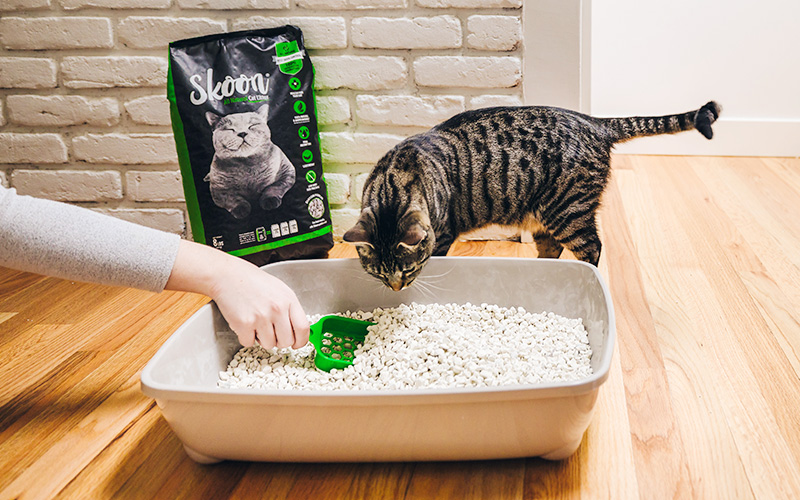
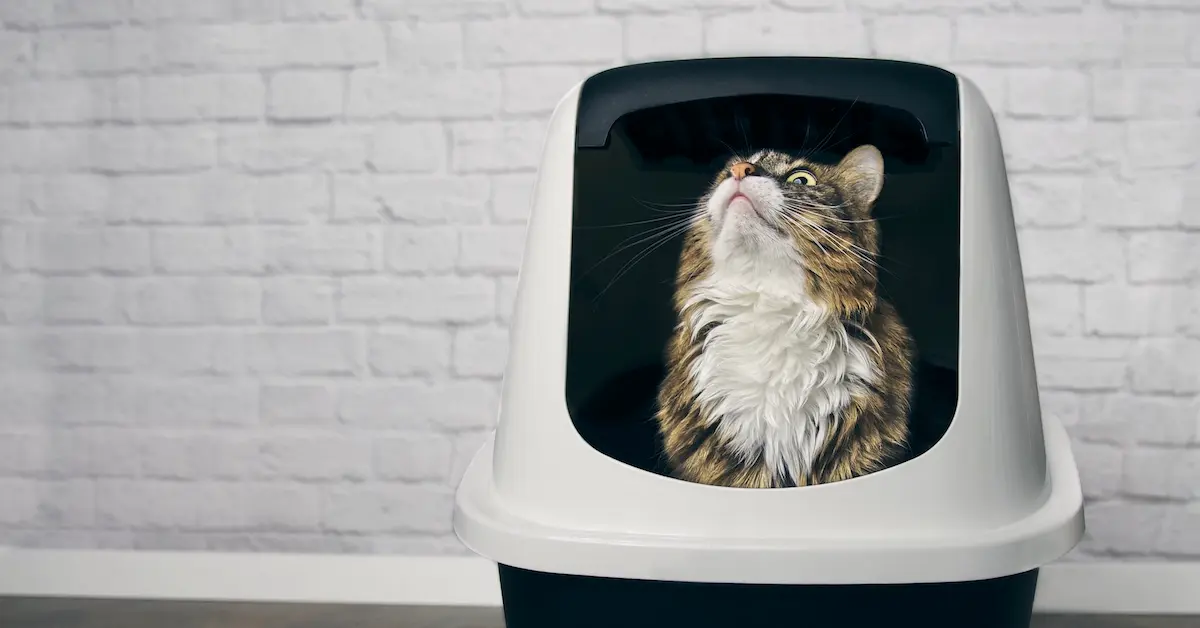
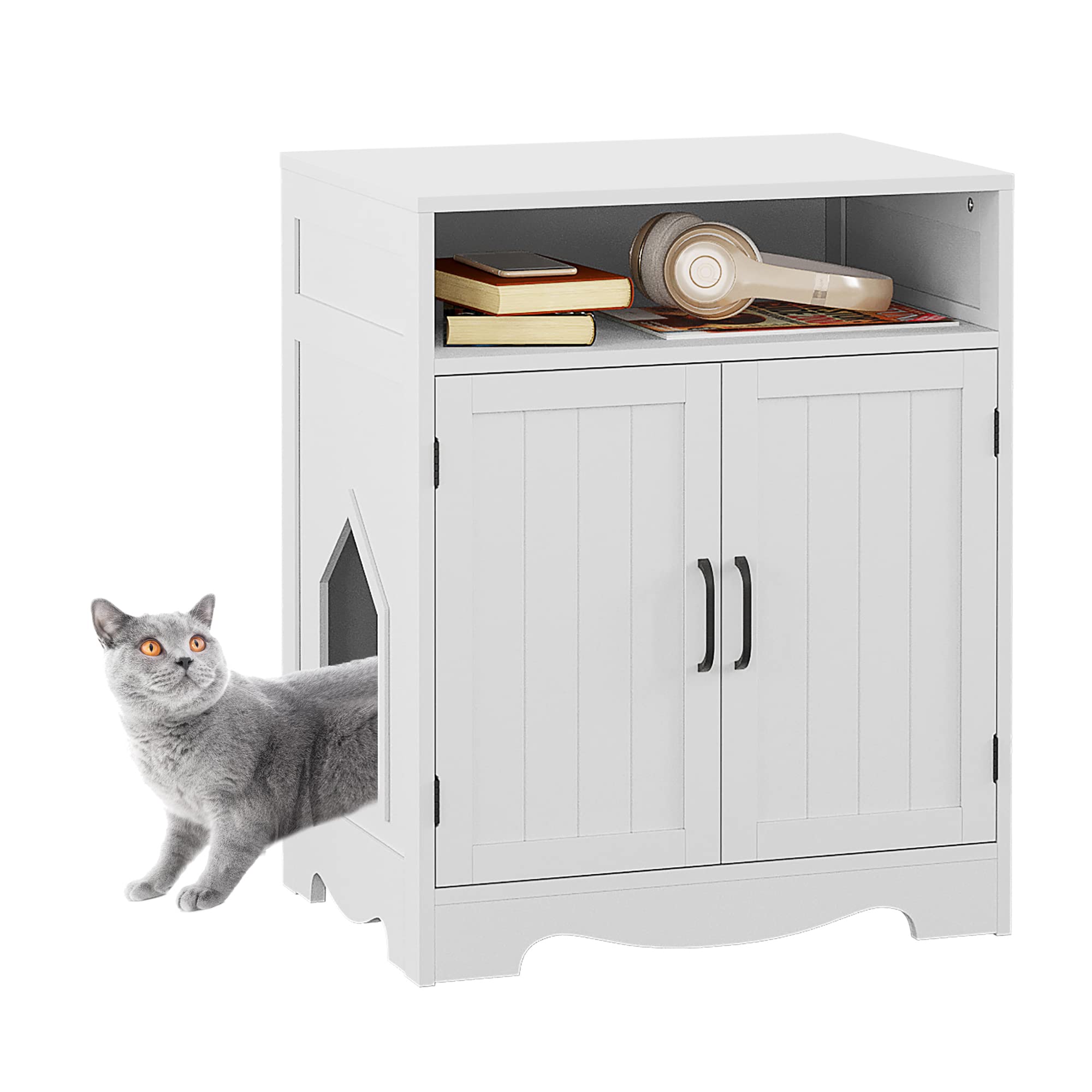
2 Responses